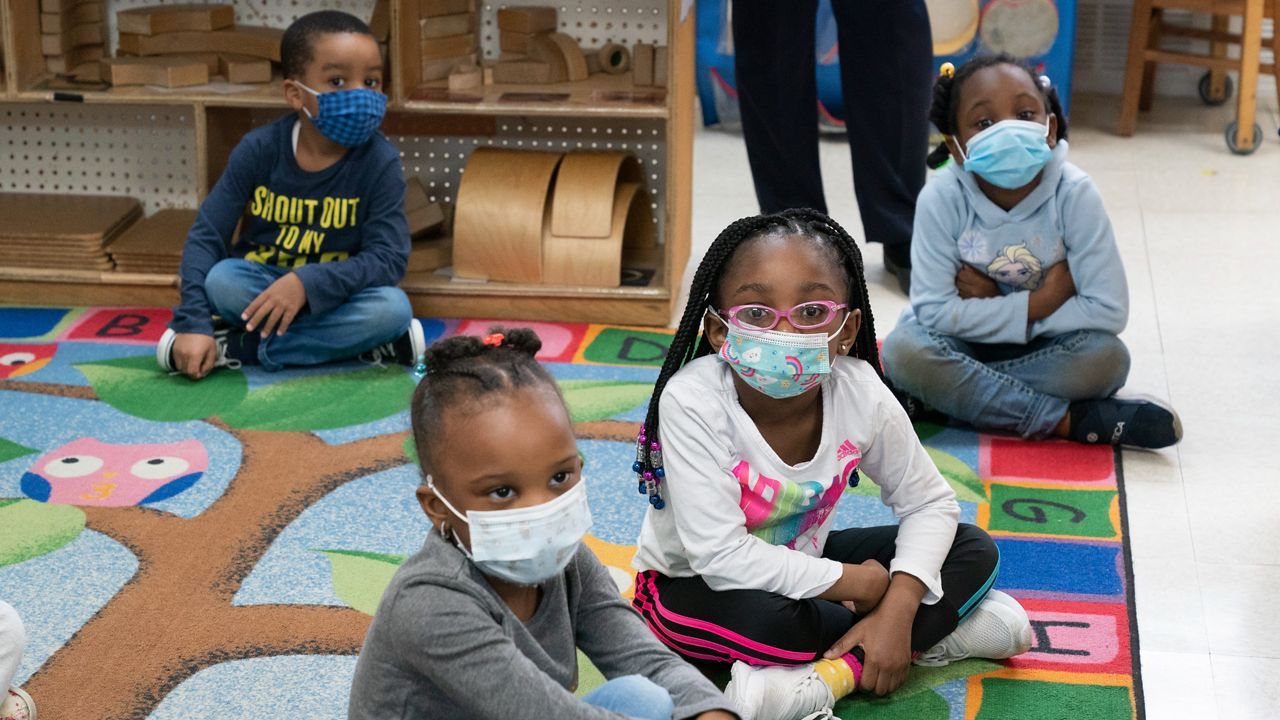Opinion
3-K providers tell City Council bills are going unpaid by city

This fall, many of the early childhood providers who make the city’s pre-K and 3-K programs possible said they weren’t getting paid on time.
At a City Council hearing Wednesday, providers testified that the sector is still in crisis mode.
“It’s led so many providers to take out personal lines of credit and it’s caused many people to leave the workforce because they don’t want to work — as much as they love working in early childhood education — in places that can’t pay them on time,” said Gregory Brender of the DayCare Council of New York.
Elizabeth Bird of the Educational Alliance testified that her organization’s contract for the current fiscal year still had not been registered. That’s after the organization also operated an early childhood program for the Department of Education without a contract for six months last fiscal year — leaving it to cover $754,000 in expenses that couldn’t be invoiced.
“We are forced to draw down funds raised through private philanthropy and other means, siphoning off resources desperately needed for other programming,” Bird testified. “This is a fundamentally flawed approach to contracting. when the city delays its payments to providers, it essentially borrows interest free from our bottom line.”
The education department rolled out efforts to stabilize the sector in November. Since then, officials say they have nearly tackled a backlog of 4,000 invoices that predate the Adams administration.
“I’m proud to report that we’ve been able to assist our CBO partners in submitting over 3800 back invoices from the previous fiscal year, resulting in over $122 million in payments in just that short amount of time,” said Kara Ahmed, the city’s deputy chancellor of early childhood education.
Officials also faced questions about the administration’s decision not to increase funding for 3-K next year, which has led to questions about whether the program will be truly universal.
They say there are enough seats for all three-year-olds across the city, but that they are not in the right places.
“In terms of numbers, what’s on paper, there are enough seats,” Ahmed said. “In terms of really meeting the needs of families, which is our goal, we don’t think it’s sufficient. And that is the work that we have ahead of us.“

